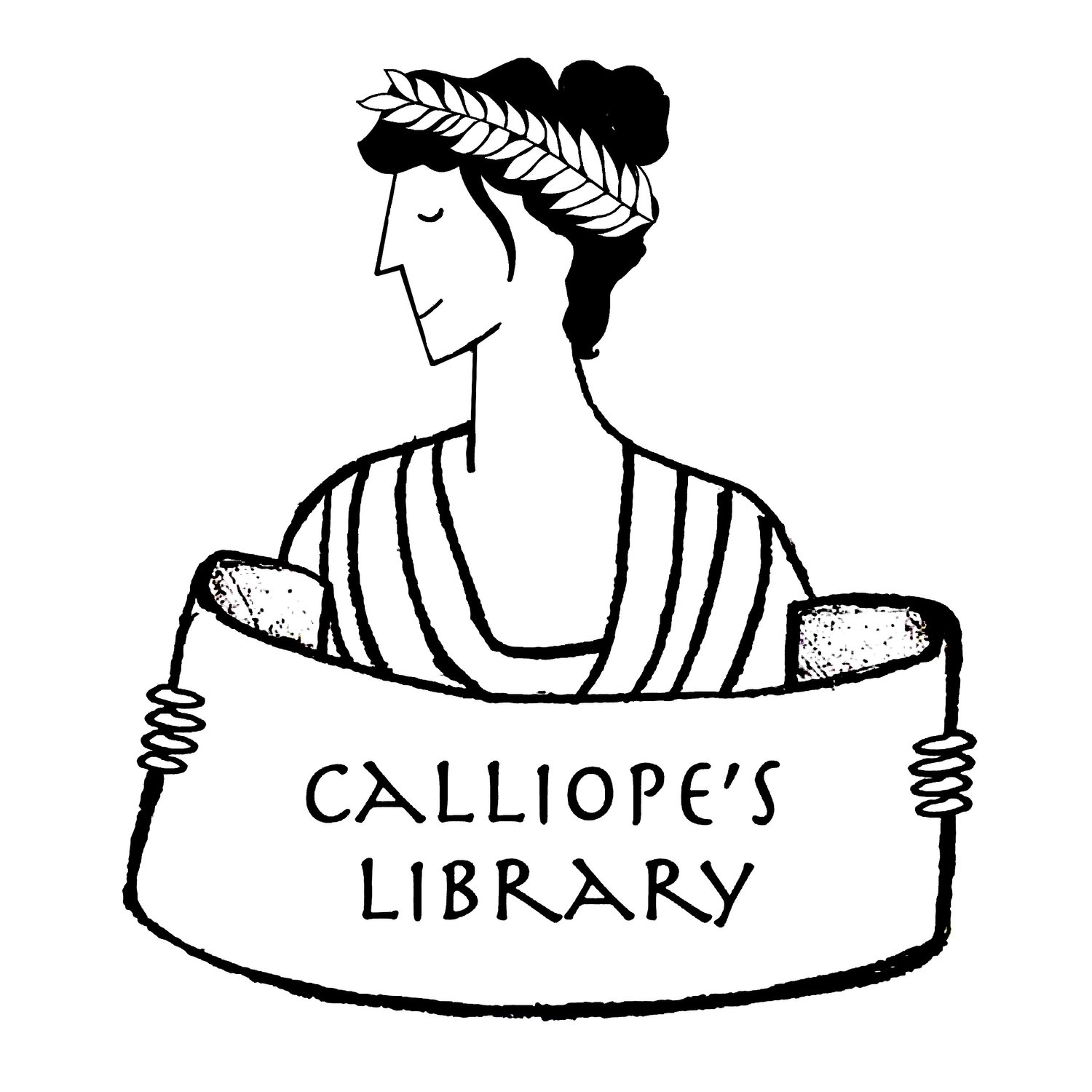Title: The Olympians: Poseidon: Earth Shaker (vol. 5)
Author: George O’Connor
Date: 2013
Tags: Young adult, Graphic novel, Mythology, Poseidon, Theseus and the Minotaur, Odysseus, Polyphemus, Cyclops, the Contest for Athens, Sea Creatures, Ancient worlds, Racially/Ethnically diverse, English
Readers interested in a scholarly approach to children’s literature may consult this title on Our Mythical Childhood Survey*
This volume of George O’Connor’s Olympians, unusually, is narrated by its subject, Poseidon. Poseidon tells several stories, less about himself than his descendants. Odysseus’ stop-off on Polyphemus’ island gets a long treatment, as does Theseus’ visit to Crete to kill the minotaur. Incidentally, O’Connor acknowledges that another book in the Calliope collection, Patrice Kindl’s Lost in the Labyrinth, was a major influence on his version of Theseus. The final major myth recounted is the contest between Athena and Poseidon to be the patron god of Athens. Several other myths are told in a fragmentary way, and O’Connor even works in a non-Athenian tradition where Poseidon spent his youth as a horse instead of languishing in Cronos’ belly. He connects this version of Poseidon’s life to a speculative Mycenaean myth that paired Poseidon with Demeter before Hades was introduced into Greek mythology. It’s an impressive array of research.
The result is deliberately disjointed. Like the sea, Poseidon’s story ebbs, flows, and changes. There is no one correct version, and the narrative breaks like waves upon the sand. O’Connor himself acknowledges in his author’s note that he never really got a sense of who Poseidon was, despite writing in his voice. However, his approach does capture Poseidon’s multiformity, a concept that is more intrinsic to the surviving evidence of the god than any other character trait. I count it a great success.
Readers should be aware that the Polyphemus’ portions of this book get pretty gory. Actual humans are eaten, which hits harder in graphic form than it does in the Odyssey. – Krishni Burns
* For further information on the Our Mythical Childhood Survey, please refer to the website of the project “Our Mythical Childhood” [link: http://omc.obta.al.uw.edu.pl/], led by Prof. Katarzyna Marciniak at the Faculty of “Artes Liberales,” University of Warsaw, Poland, with the participation of Bar Ilan University, University of New England, University of Roehampton, University of Yaoundé 1, and other affiliated scholars, within the funding from the European Research Council (ERC) under the European Union’s Horizon 2020 Research and Innovation Programme (grant agreement No 681202).














